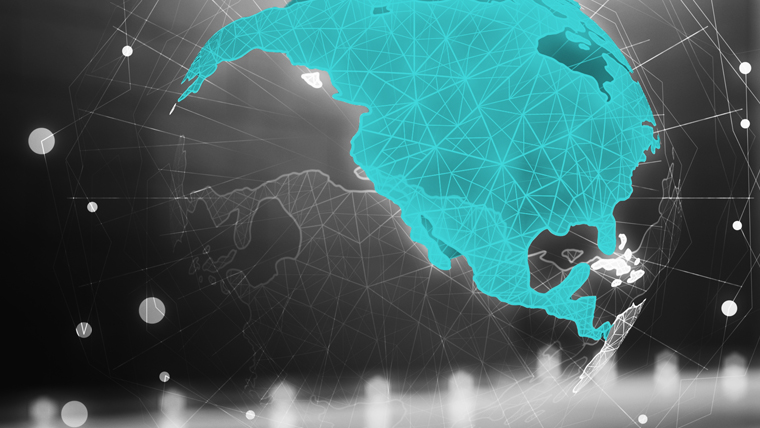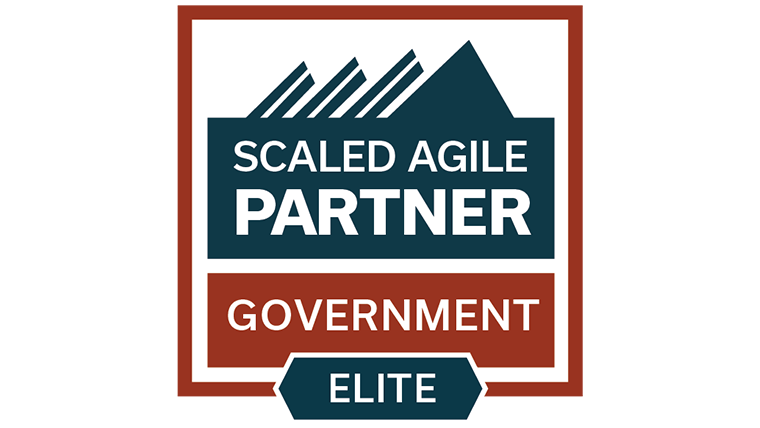Unlocking the Power of Data to Advance Civil Missions
The vast amounts of data collected around the world every day contain the power to improve every aspect of our citizens' lives. The future of government serving our nation's citizens depends on unlocking this power to deliver better outcomes for them. In health, in science, in infrastructure, and across society as a whole, Booz Allen has the knowledge that comes with the experience of a trusted partner and the technical capabilities to understand how to effectively implement solutions, helping you fully employ the power of data to achieve your missions. Our work advances critical systems, solves immediate challenges, predicts and prepares for what's next. We do this by bringing together expertise in technology and mission that can help modernize and build out our clients' digital ecosystems. The results are integrated tailored solutions for missions which are secure from the start. Booz Allen: Delivering the tools and insights you need to power your mission with data.
Data-Enabled Missions Tech Talk
Advanced technology is an accelerator for improved mission outcomes. Explore how Booz Allen uses commercial tech to make America stronger, faster, and safer.


Key Support Areas for Data-Enabled Missions
Cloud optimization, IT transformation, AI integration, and modern software delivery all play key roles in data enablement.
Booz Allen excels at providing tailored support to agencies and missions in all of the above, from initial strategy to building, delivery, sustainment, and continuous evolution.

Proud to be named the first Government Solutions Partner—Elite in Scaled Agile’s Partner Network
The Three-Phase Journey to Data Enablement
Agencies are at different stages along the data enablement journey, from gaining access to the right data to deploying fully mature AI tools to generate insights with the potential to revolutionize mission outcomes.
Where are you in your data-enablement journey?
Expert Perspectives on Data Enablement
Get a deeper perspective on some of the most important topics in data enablement from Booz Allen experts and federal agency technology leaders.







